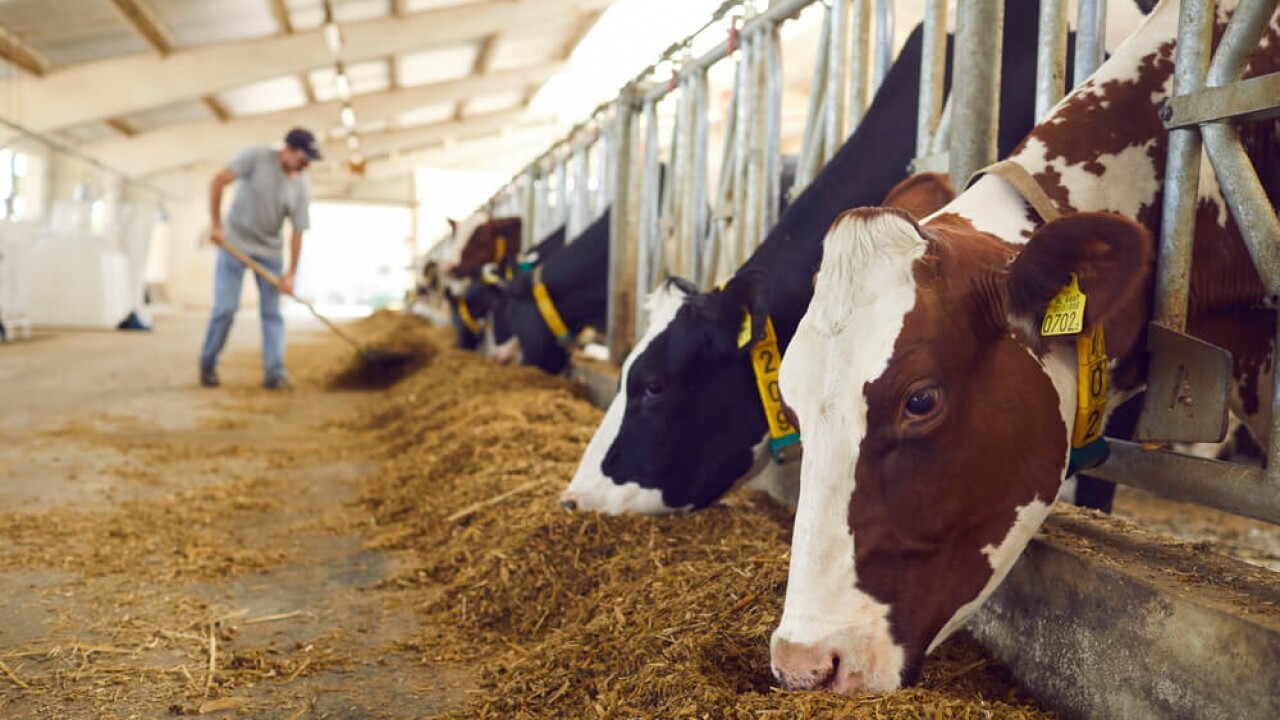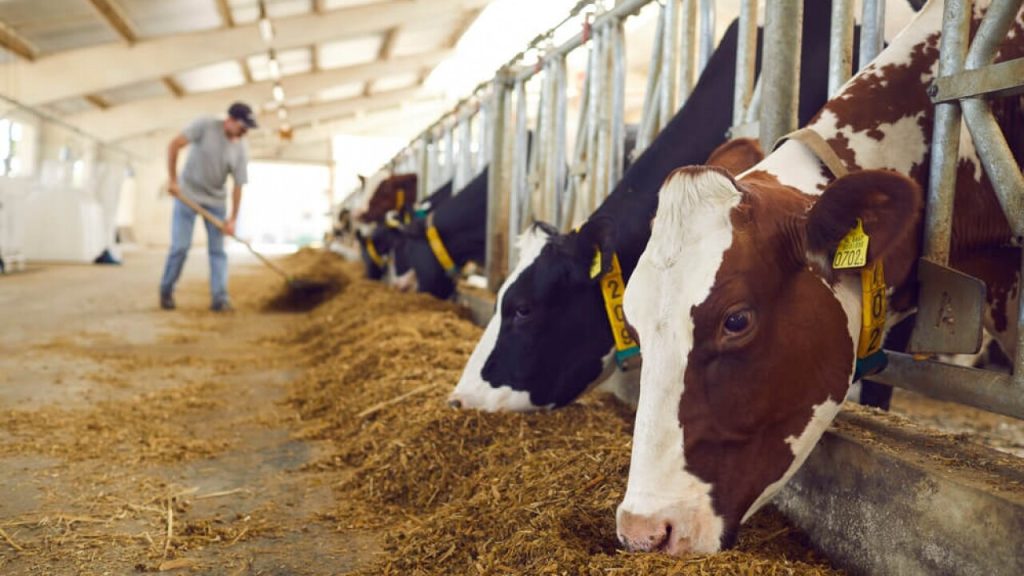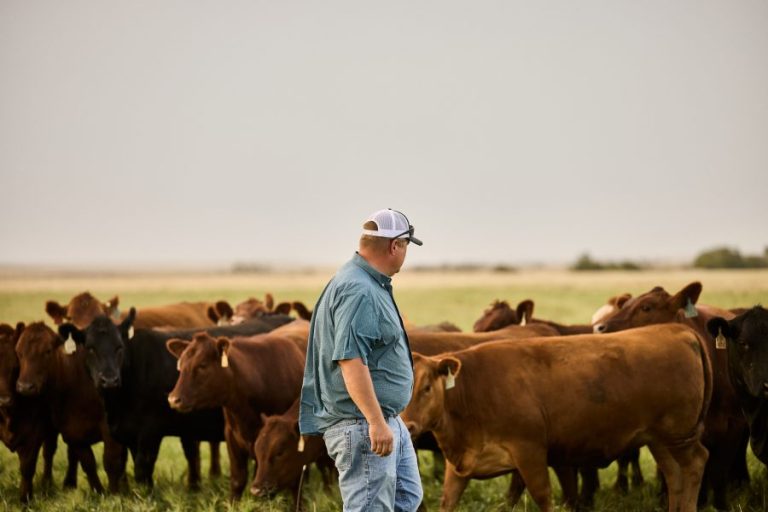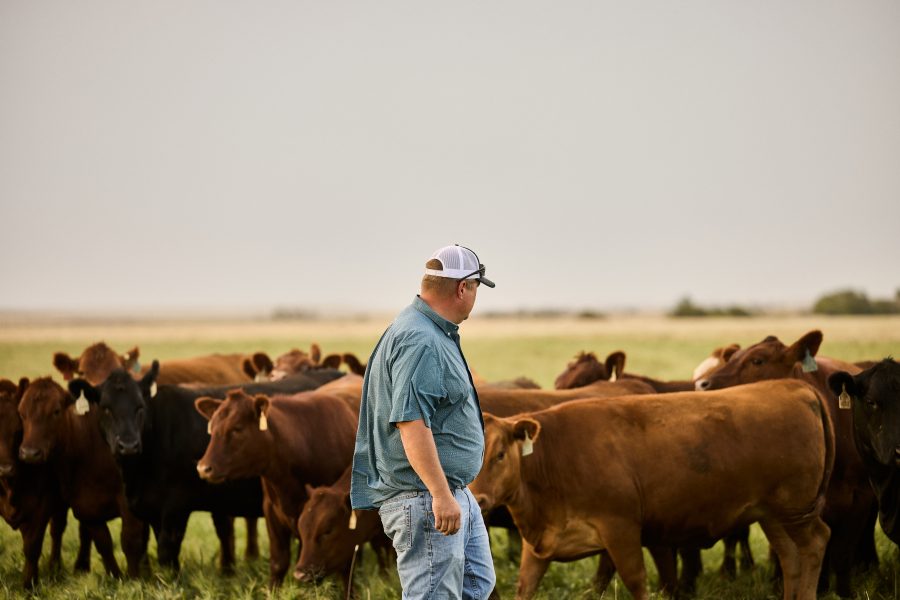WASHINGTON, D.C. — The U.S. Department of Agriculture announced that it will compensate farms impacted by highly pathogenic bovine influenza (a strain of avian flu) for loss of milk production.
The agency is making $98 million available to the Animal and Plant Health Inspection Service through the existing Emergency Assistance for Livestock, Honey Bees and Farm-Raised Fish program to pay farmers who lost milk production from an H5N1 avian influenza infection. It wasn’t immediately clear how these funds would be distributed.
Dairy cows that are infected with bovine (also known as avian) influenza generally recover well, but sick cows do experience a dramatic decrease in milk production, causing economic losses to producers.
 Read About Onset Of Disease Outbreak & Other Related News 〉
Read About Onset Of Disease Outbreak & Other Related News 〉
Producers with herds impacted by the H5N1 can also get up to $10,000 reimbursement for veterinarian costs for positive facilities and up to $2,000 per month for heat treatment to safely dispose of waste milk for 120 days.
The USDA is also making funds available to help affected farms improve on-site biosecurity, including $2,000 per month for personal protective equipment for employees, up to $1,500 for developing biosecurity plans based on existing secure milk supply plans and $100 for producers who purchase and install an in-line samplers for their milk systems.
The U.S. Department of Health and Human Services announced $101 million in new funding through the Centers for Disease Control and Prevention and Food and Drug Administration to boost testing and laboratory capacity, scale up efforts to monitor people exposed to infected livestock, expand genomic sequencing capabilities and develop effective vaccines. The FDA is contributing an additional $8 million to support commercial milk supply surveillance efforts.
There are currently 42 confirmed cases in dairy herds across nine states including South Dakota, according to USDA data. The most recent cases were one herd in Idaho on May 7, one herd in Colorado and four herds in Michigan on May 8. There was one herd that tested positive for H5N1 in Ohio on April 2.
Last month the USDA issued a federal order requiring pre-movement influenza testing for all lactating dairy cows and mandatory reporting for positive influenza results to the USDA.
The FDA confirmed through more testing that retail dairy samples that the commercial milk supply remains unaffected by H5N1 bird flu. No viable virus was found in any of the 297 tested samples. The USDA’s Food Safety and Inspection Service announced that 30 samples of ground beef from retail outlets in states with impacted dairy herds also tested negative for H5N1.













